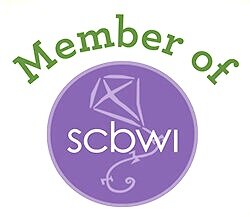Just to be clear, you will usually find letters and numbers around a preschool, but socialization is the real job for this age group. It’s so important to learn how to deal with others and how to stand up for yourself. Once your child is in Kindergarten these lessons continue, but Kindergarten teachers generally expect your child to already have basic social skills so they are ready to learn.
Kindergarten teachers are great at teaching children early numbers/math and letters/pre-reading and reading skills. It can be difficult for Kindergarten teachers to do their job if the children in their classes have not already developed some basic social awareness.
What are some basic social skills? Adjusting to new circumstances, making friends, negotiating play are a few skills that are needed. Learning how to enter play already in progress is another one. This can be difficult and take some practice. Sometimes a child merely needs to ask, “Can I play with you?” At other times the child may need to think of a way to add to the game, “Can I be the cat?” or to the pretend firefighters, “I need your help my house is on fire.” These examples are obviously situational and because play situations are always changing, it requires a great deal of practice for a child to grow their social skills. A good preschool will provide positive modeling and help children develop social skills from wherever they are when enter the school. It’s what preschool teachers do and the techniques required are as individual as the children.
From learning how to handle big emotions, to learning how to say “No” to another child or adult, social skills can be overlooked in preference of academic skills that are easy to learn in Kindergarten and are not necessarily age appropriate for many preschoolers. Those who miss the opportunity to navigate socially among their peers and people of different ages as preschoolers will have a hard time in elementary school even if they have academic skills like reading at an early age.
Social practice happens everywhere, not just in preschool. Give your child plenty of opportunities for practice - from playtime with peers to dinner with adults. Like any other skill the more practice the better, and with social skills the wider the variety of social interactions (different age children, adults, babies, dinners, playgrounds) the better.
The following paper is a study from Auburn University and highlights best practices for social development…
http://webshare.northseattle.edu/fam180/topics/socdev/Encouraging%20Social%20Skills%20in%20Young%20Children.htm
PAMELA EVANS
The Preschool Parent Blog
Surprise! Preschool is not about letters and numbers.


